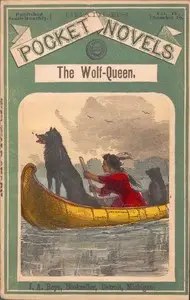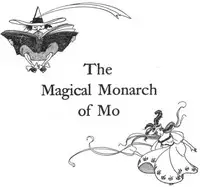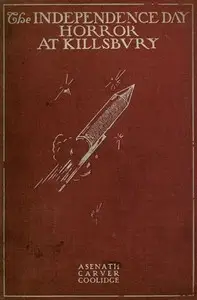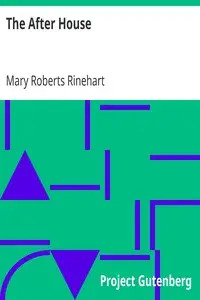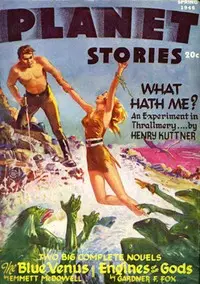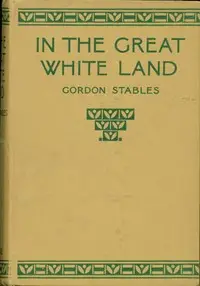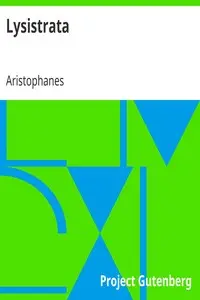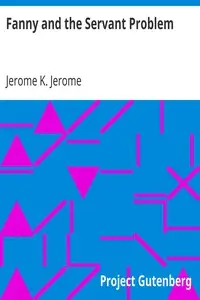"Twelfth Night; or, What You Will" by William Shakespeare is a comedy written in the early 17th century. The play explores themes of love, identity, and the complexities of human relationships through a series of humorous situations and mistaken identities. Central to the story is Viola, a shipwrecked woman who disguises herself as a man named Cesario, leading to a web of romantic entanglements involving Duke Orsino, who loves Olivia, and Olivia, who falls for Cesario. At the start of the play, we are introduced to Viola, who has washed ashore in the land of Illyria after a shipwreck. Concerned for her twin brother Sebastian, whom she believes to be dead, she decides to disguise herself as a young man to navigate her new surroundings. As she searches for safety and purpose, we learn about the Duke Orsino, who is lovesick over Olivia, a noblewoman mourning her brother's death, leading to her refusal of suitors. The opening sets the stage for a comedic exploration of love and deception, hinting at the unfolding chaos that will stem from Viola's disguise and the overlapping affections of all characters involved. (This is an automatically generated summary.)
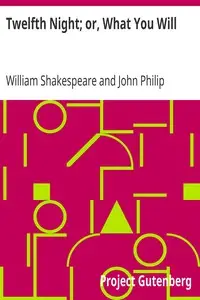
Twelfth Night; or, What You Will
By William Shakespeare
"Twelfth Night; or, What You Will" by William Shakespeare is a comedy written in the early 17th century. The play explores themes of love, identity, a...
William Shakespeare was an English playwright, poet and actor. He is widely regarded as the greatest writer in the English language and the world's pre-eminent dramatist. He is often called England's national poet and the "Bard of Avon". His extant works, including collaborations, consist of some 39 plays, 154 sonnets, three long narrative poems and a few other verses, some of uncertain authorship. His plays have been translated into every major living language and are performed more often than those of any other playwright. Shakespeare remains arguably the most influential writer in the English language, and his works continue to be studied and reinterpreted.







